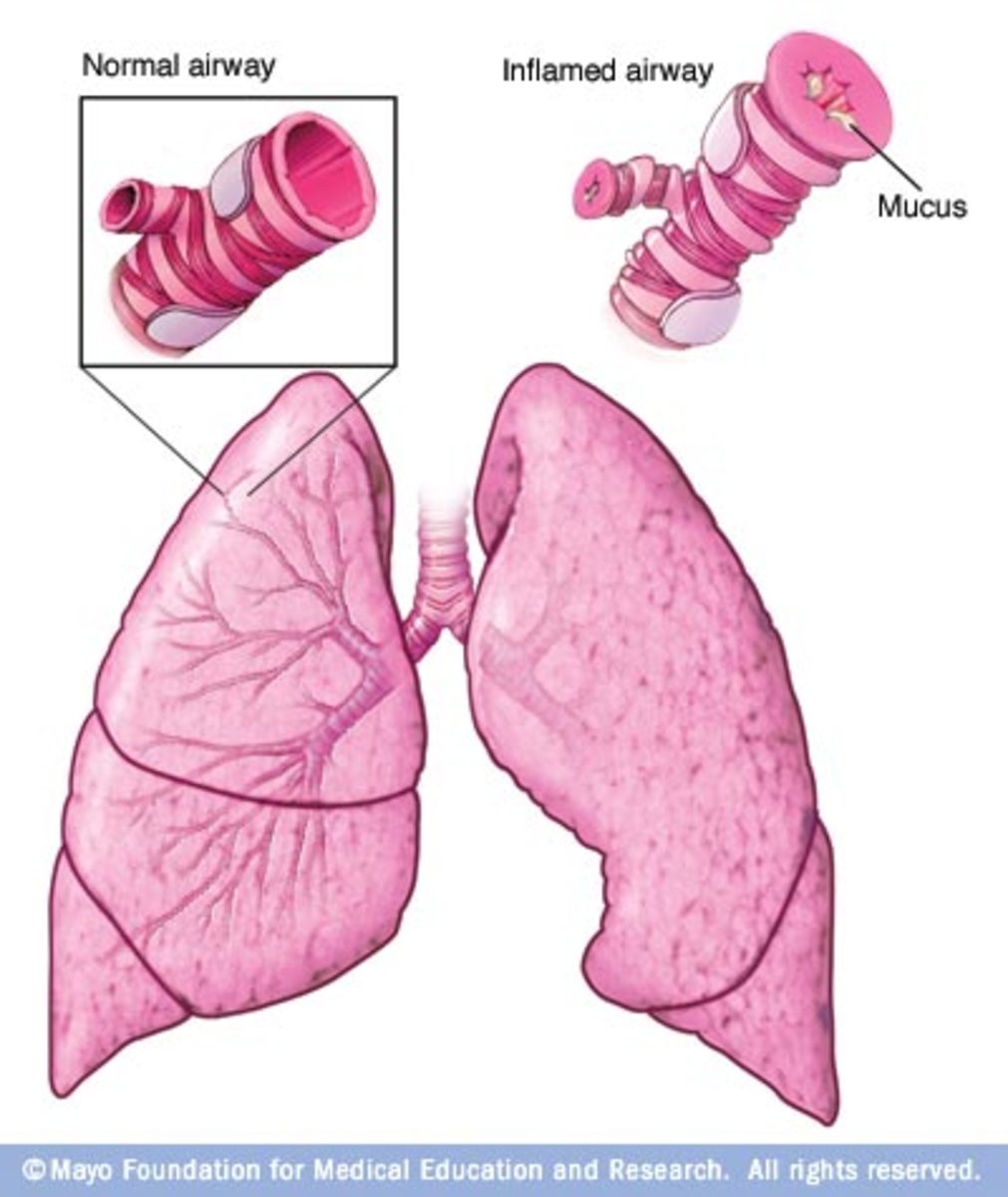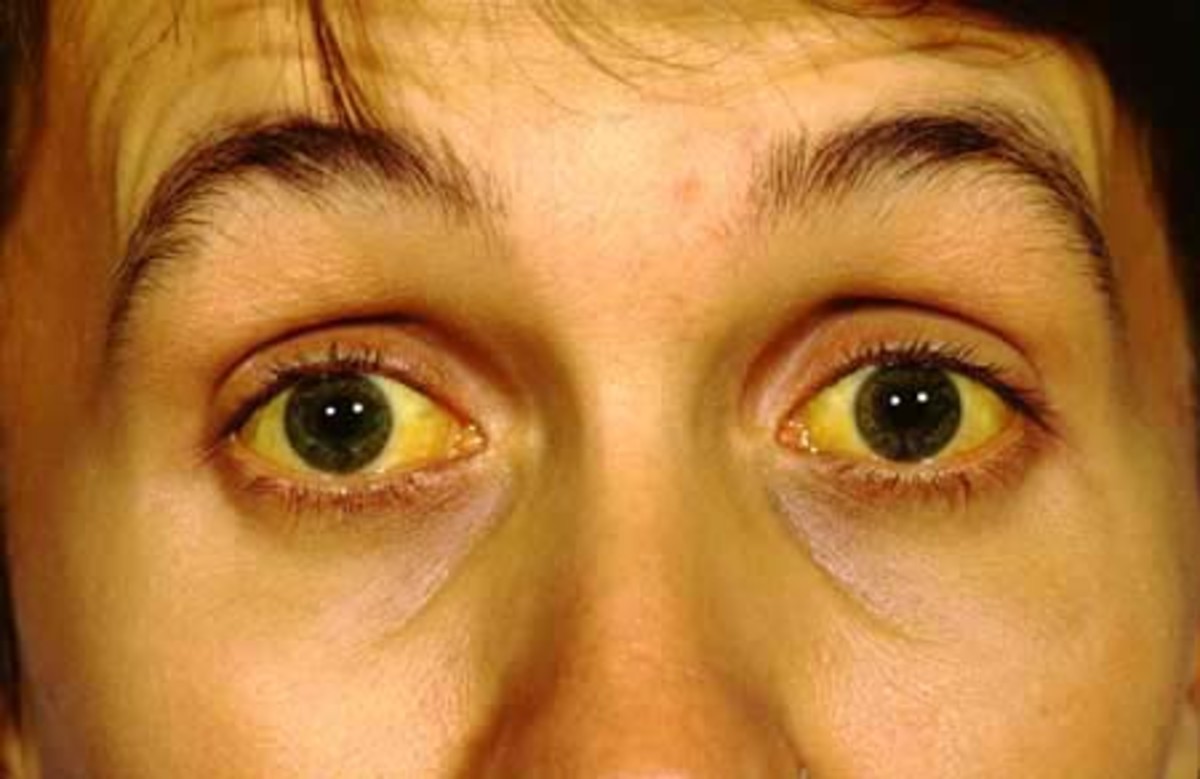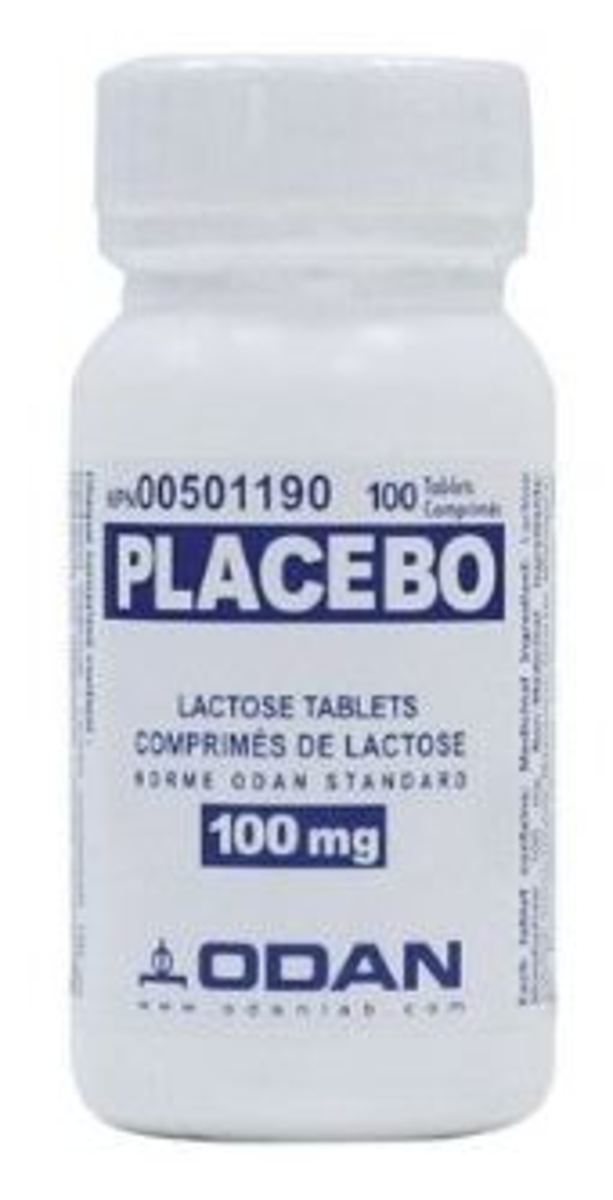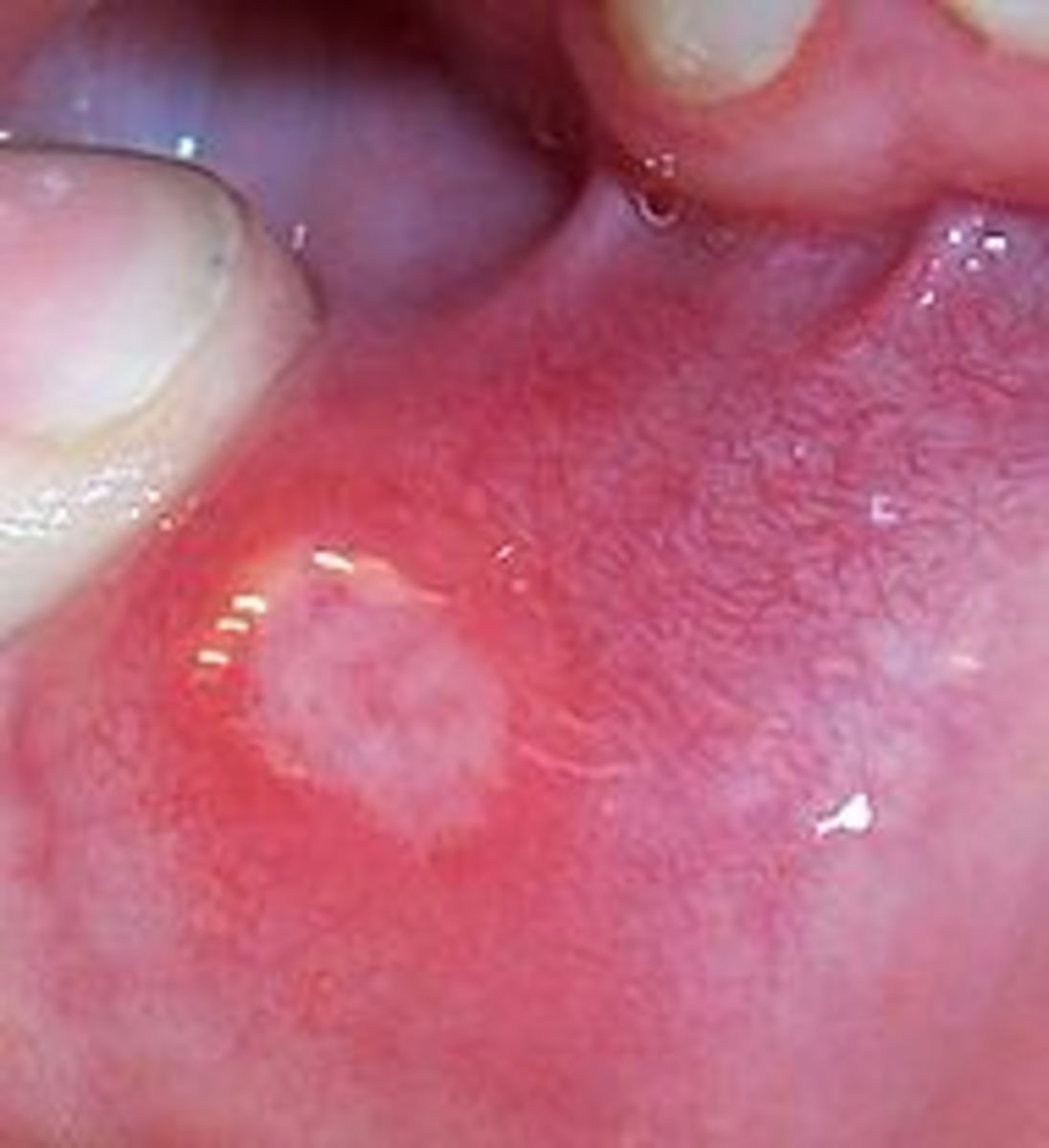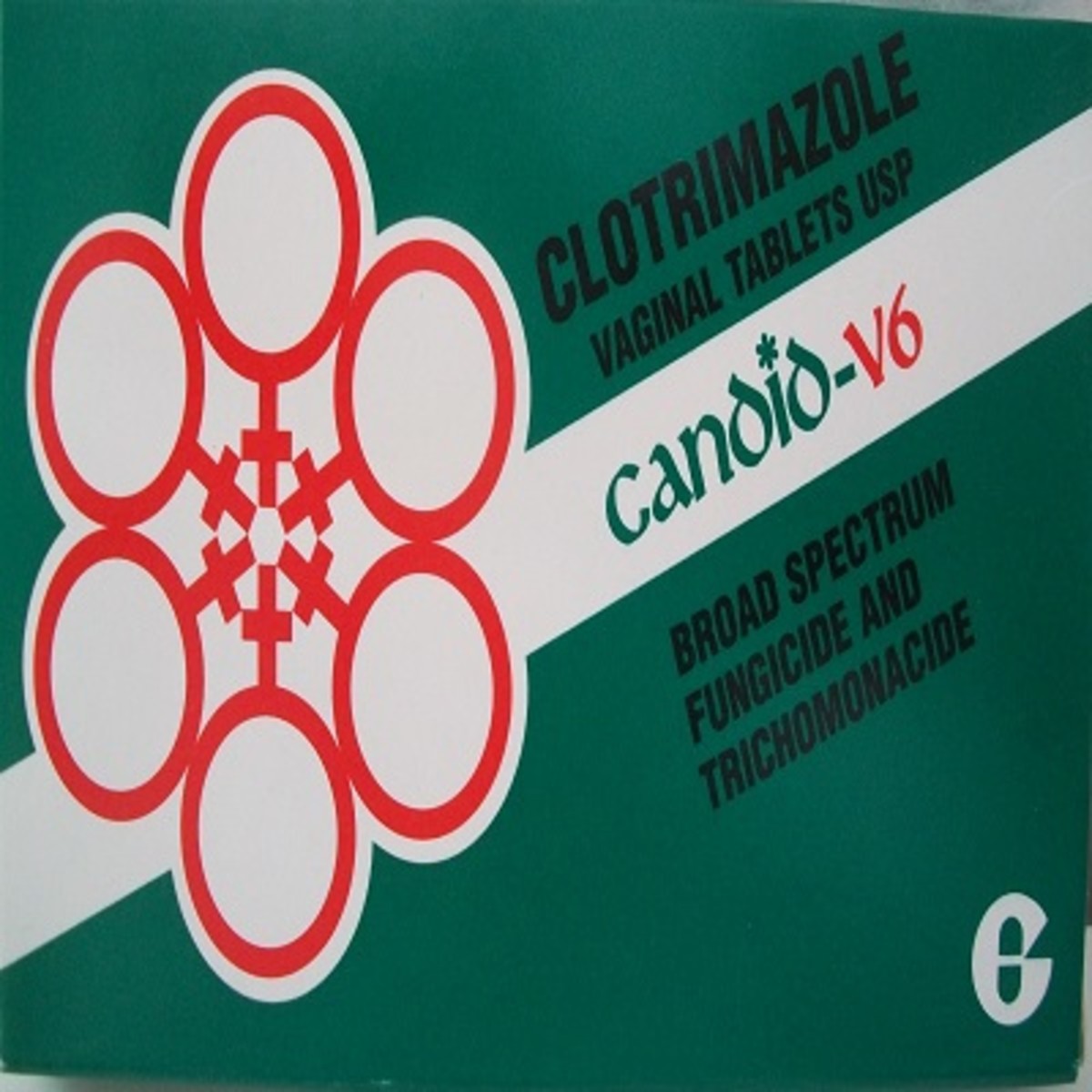Hepatitis C Infection - Interferon Free Treatments - 2013
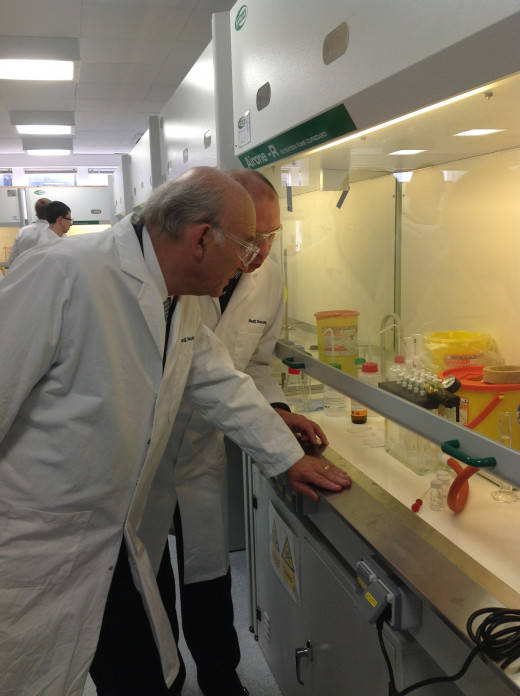
When will the first Interferon free treatment for HCV be available?
Updated: January 4, 2013
The first Interferon-free treaments for Hepatitis C Virus (HCV) are supposed to be available in mid-to late 2014 being initially available in United States and Europe according to a research group called Decision Resources. Interferon treatments have not been effective for patients with Genotype 1, strain of Hepatitis C. So companies are racing for a cure. Currently many pharmaceuticals like Abbott, Boehringer Ingelheim, Achillion, Gilead Sciences Inc, Vertex Pharmaceuticals Inc, Merck & Co and Bristol-Myers Squibb Co are still in clinical testing and trials of drugs and though the the trials show positive results of 99% effectiveness, the timetable of creating a drug and going through Federal testing and approval mark the release to be sometime in 2014. Some of the names that are currently being tested include
- In the "Aviator" clinicial trial by Abbott, Abbott has a 3 drugs that it believes will be effective: ABT-450, ABT-267 and ABT-333. All three are used without interferon
- "Faldaprevir" (known in clinical trials as BI-201335) and "BI-207127" (another drug which currently just has the clinical name--proved to be 69% effective. Both Faldaprevir and BI-207127 are created by Boehringer Ingelheim
- "GS-7977" (Sofosbuvir - clinical trial name) and "Ribavirin" have been proven to be very effective in recent trials. GS-7977 (Sofosbuvir) is being actively developed by Gilead Sciences
Currently Abbott and Gilead are expected to pull through with a drug that is highly effective.

Hepatitis C is Cured - We want the Cure Now
Combining Efforts - A Competitive Market
Many have said the cure does not need to be put off and if companies decided to combine their work and efforts, the population would have had a cure already. There is a growing minority who believe
- Daclatasvir and GS-7977 combined together can cure Hepatitis C patients completely.
This is a promising hope as even in the latest interferon-free treatments being developed, Ribavirin is still used in addition to the main treatment. Why is Ribavirin use unsettling? Because Ribavirin has scary side effects. Let's look at some: leukopenia, birth defects, fetal demise, serious hemolytic anemias, and makes heart disease even worse. Additionally it has been shown to be carcinogenic. That's not good at all. This underscores why a combined use of Declatasvir and GS-7977 would be very beneficial. But the problem to this potentially new treatment is that Bristol-Myers Squibb is working on Daclatasvir and Gilead Science is working on GS-7977. Dr. Douglas J. Manion, Senior Vice President at Gilead Sciences has expressed interest in a collaboration with Bristol-Myers Squibb but as he stated in his own words "thus far, they have been unwilling to engage in that collaboration."
A recent statement by the Secretary-General of European Association For The Study of The Liver (EASL), Mark Thursz, said:
"The combination of daclatisvir and GS-7977 has shown positive results at Phase II. EASL is disappointed that development of this combination has been halted as daclatisvir and GS-7977 promised to deliver a highly effective oral regimen that we hoped would be available to HCV patients soon,"

Cite this page
Author: Stanley Soman
Originally Published: December 29, 2012
Modified: January 17, 2013

Decision Resources Report
- First Interferon-Free Regimens for Treatment of Hepatitis C Virus are Expected to Launch - Decision
Agents in Late-Stage Development, Including Simeprevir, Sofosbuvir and Daclatasvir, Are Expected to Drive Dramatic Market Growth Through 2021, According to Findings from Decision Resources
Abbott Hepatitis C Program Details
Boehringer Press Release
- Final Phase IIb interferon-free hepatitis C data from Boehringer Ingelheim to be presented at AASLD
Final Phase IIb interferon-free hepatitis C data from Boehringer Ingelheim to be presented at AASLD
Peer Journal Source for Sofosbuvir
EASL Secretary-General's Statement
Ribavirin Carcinogenic from AAFP Peer Journal
- Using Pegylated Interferon and Ribavirin to Treat Patients with Chronic Hepatitis C - August 15, 200
Hepatitis C virus is the most common chronic blood-borne infection in the United States. The advent of new treatment regimens using pegylated interferons in combination with ribavirin has led to improved sustained viral response rates for some genoty


